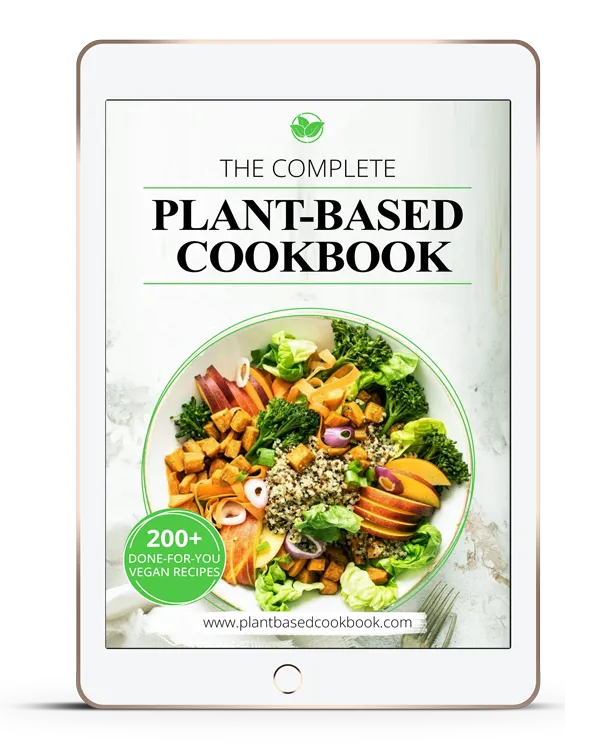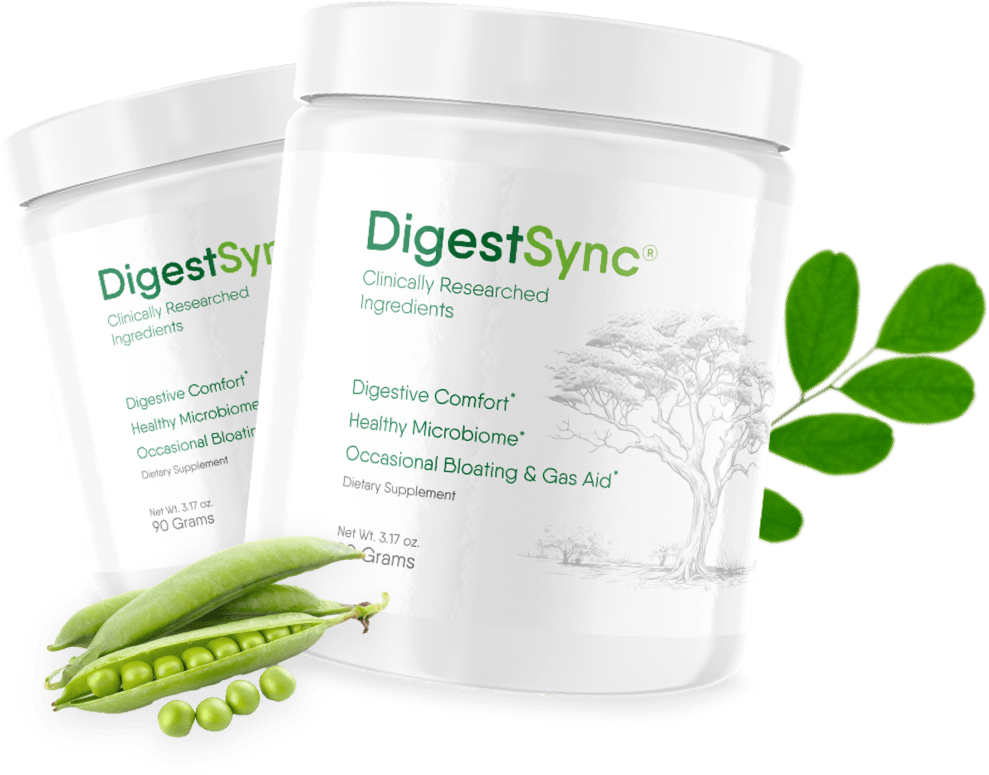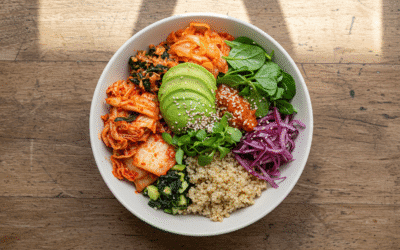Ever felt your stomach tie up in knots during a stressful day? You’re not imagining it — the hidden link between stress and digestion is real, and it could be affecting your health more than you realize. When your body is in fight-or-flight mode, digestion slows or even shuts down, leading to bloating, cramps, and unpredictable bathroom habits.
How stress sabotages your gut
When you’re stressed, your body releases cortisol and adrenaline. These hormones redirect blood flow away from your digestive tract to your muscles, preparing you to “fight or flee.” As a result, digestive functions like enzyme production, nutrient absorption, and gut motility take a backseat. Over time, this can weaken the gut lining, disrupt your microbiome, and cause chronic digestive issues.
Signs your digestion is affected by stress
Some symptoms are more obvious than others. If you frequently experience bloating, acid reflux, constipation, diarrhea, or stomach pain — especially during emotionally intense periods — stress may be the silent culprit. Brain fog, fatigue, and even skin issues can also be traced back to gut imbalance triggered by prolonged stress.
Small changes, big difference
Fortunately, you don’t need to overhaul your life to restore digestive balance. Start by adopting these science-backed habits:
- Slow down meals: Chew thoroughly and eat without distractions. Your gut works best when you’re calm and present.
- Practice deep breathing: A few minutes of deep, diaphragmatic breathing before meals can activate your parasympathetic nervous system — the “rest and digest” mode.
- Move gently: Light physical activity like walking or yoga after eating can help digestion and relieve stress.
- Sleep well: Poor sleep increases cortisol and can throw off your gut rhythm. Prioritize 7–9 hours of quality rest.

Support your gut with the right tools
Managing stress is easier when your body gets a little extra help. A great addition to your routine is the Peppermint, Ginger and Fennel Dietary Supplement. They’re designed to ease bloating and support digestion naturally — especially useful during high-stress weeks. Always check with a healthcare provider before introducing new supplements.
Your gut reflects your state of mind
When we acknowledge the connection between mental and digestive health, we start making more informed, gentle choices for our bodies. Whether it’s a slower meal, a walk around the block, or a few deep breaths, every small action helps. Start where you are, listen to your gut — and it will thank you.
Bonus: Quick stress-digestive health checklist
| Action | Why it helps | Frequency |
|---|---|---|
| Mindful eating | Improves digestion by activating “rest and digest” | Every meal |
| Deep breathing exercises | Lowers stress hormones, improves gut blood flow | 5 min before meals |
| Gentle movement (walking, yoga) | Stimulates gut motility and reduces stress | Daily or after meals |
| Quality sleep (7-9 hrs) | Regulates cortisol and gut rhythm | Nightly |
Further reading
If you want to dive deeper into foods that support gut health naturally, check out our post 10 Gut-Healthy Foods You Should Be Eating More Of. It’s packed with delicious, easy-to-find ingredients that can help you maintain a balanced, happy gut.







